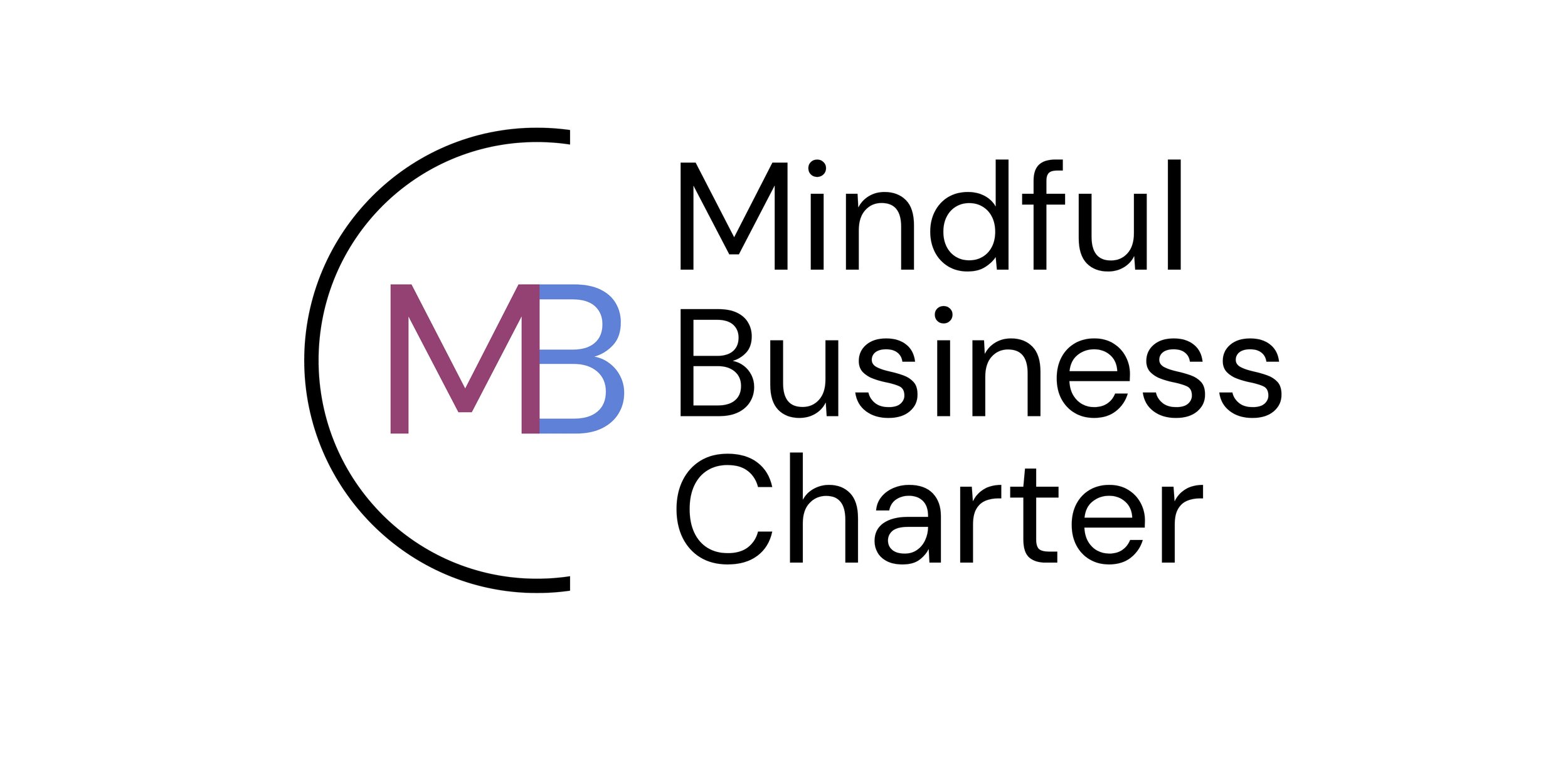Mental Health in the Workplace: Q&A with Mindful Business Charter
Mental Health in the Workplace: Q&A with Mindful Business Charter
As part of engagement with likeminded organisations that can help our members meet their ESG ambitions, we recently spoke with Richard Martin who is the CEO of the Mindful Business Charter (MBC) and asked him to explain a little more about MBC. Richard is a former senior law firm partner who in 2011 experienced serious mental illness following which he has worked in mental health in the workplace.
ESGmark®: What is The Mindful Business Charter?
Richard: Traditional approaches to mental health in the workplace have tended to focus on raising awareness, encouraging employees to build resilience and providing support for them when they are struggling. This is all well and good, but the research is clear that much of this doesn’t help. MBC is a community of employers looking to drive meaningful change by addressing the causes of the distress people are experiencing in the workplace – changing the workplace not the worker – with the focus on not making people ill in the first place. It began as a movement in the legal profession but is now broader than that and is increasingly international in its membership.
ESGmark®: What are the core principles of MBC?
Richard: MBC is built around a Charter, a permissive framework and common language that encourages us all to be more aware of the impact of our behaviours, on ourselves and on each other, and to have the permission to talk about that impact so that we can identify and address the unnecessary sources of stress in the ways we work and work both more healthily and, also, more productively.
The Charter has four pillars:
· Openness and respect
· Smart meetings and communications
· Respecting rest periods
· Mindful delegation
At its heart, however, is that simple idea that if we can talk about the sources of stress we are experiencing then we ought to be able to do something about them.
It operates on various levels. We can think about how we work on our own and some of the stress we cause ourselves. We can think about how we operate within our team and whether there are changes we can make there to remove unnecessary sources of stress. We can look at how our team interacts with our wider organisation. And then if we are really brave, we can think about how our organisation interacts with other organisations, our clients and suppliers, and some of the stresses that are all too often present in that dynamic.
ESGmark®: How does MBC help organisations to create healthier workplaces?
Richard: MBC provides a range of resources to support its members in implementing more mindful ways of working through the Charter. Members operate as a community, sharing ideas, resources, successes and challenges, and giving each other the encouragement and energy, and also permission, to drive meaningful change – by collaborating across sectors we are much more likely to make meaningful change. MBC provides a framework and language to address the causes of stress, which is the major cause of both physical and mental illness in the workplace.
And when I start working with another organisation that is a member, I know that I have the permission to talk to them openly and honestly about how we are going to work together and what we can do to minimise any stress that might arise as a result.
ESGmark®: What does it mean to be a signatory?
Richard: MBC is a charity and is funded by the membership fees of its members which are based on the size of a member’s workforce, ranging from £500 to £2,750 a year (plus VAT). Members are encouraged to be active, to engage with MBC activity and to take meaningful steps to address workplace stress (as opposed to simply having a badge on their website). They are asked to share what they are doing and how it has worked so that the community can learn together and support each other. Finally, there is a an encouragement to spread the word because the more organisations that are involved the bigger the impact MBC can have.
A key point, however, is that the Charter is intended to be flexible, and organisations are encouraged to find their own way and own speed in implementing the Charter – no one size fits all and the particular sources of stress that need to be addressed will vary from organisation to organisation, and from team to team.
ESGmark®: Finally, how do MBC principles relate to the broader ESG goals of organisations?
Richard: MBC is obviously focussed upon the Social pillar of ESG, supporting the health and wellbeing of ourselves and our teams. There is also an element of Governance about it because people who are not stressed make better decisions, fewer mistakes and fewer poor ethical judgments. Reducing employee stress through clear communication and work/life boundaries also supports good governance by fostering transparency, ethical leadership, and accountability—core pillars of the ‘G’ in ESG.
If you are interested in finding out more, visit www.mindfulbusinesscharter.com or email richard@mindfulbusinesscharter.com.


